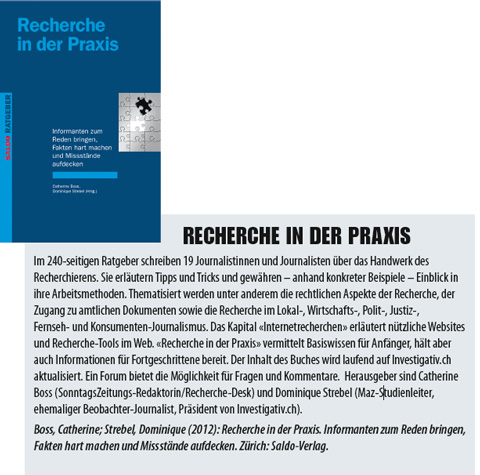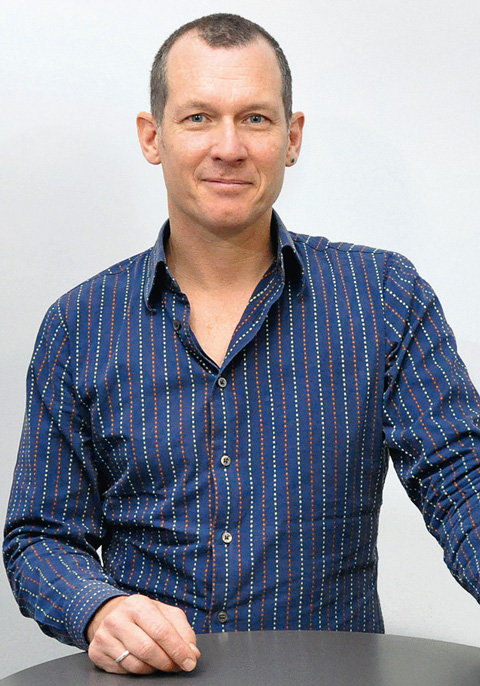Stories are left behind in the local
The offshore revelations have given investigative journalism a boost. Dominique Strebel, President of the Investigativ.ch research network, comments on current events in an interview and explains how research can be promoted.
WW: Journalists from all over the world collaborated on the "Offshore Leaks" research. What lessons can journalists learn from the affair?
Dominique Strebel: With the offshore leaks, a quality of research was achieved that was previously out of reach. For the first time, a global phenomenon - the globalized offshore business - found an equal opponent - a global network of journalists. A network that not only had the data and the expertise to process it, but also the journalists to break the data down into specific national and local stories. In Switzerland, the SonntagsZeitung and Le Matin Dimanche came to the rescue. These are media that cultivate investigative journalism - for example in the form of a research desk. In this respect, the offshore leaks show that national media must excel in research and make a name for themselves internationally. This is the only way they can get their hands on big stories.
Media companies like Tamedia can afford specialized research positions. How do small media titles promote research?
For smaller media titles, it is important that individual journalists specialize in research and are supported by their superiors and the publisher. However, initiatives such as the Swiss research network Investigativ.ch are also important. It pools the research knowledge of 150 journalists, promotes exchange and supports journalists in their research.
Researched stories are a way for media titles to distinguish themselves. How does Investigativ.ch ensure that this research incentive is maintained?
The more than 150 members of Investigative.ch do not research stories together, but help each other at the tool level. Through knowledge sharing, checklists, sample letters for requests for access and concrete coaching, these journalists help each other so that stories that one of them is pursuing for their paper can actually be realized.











